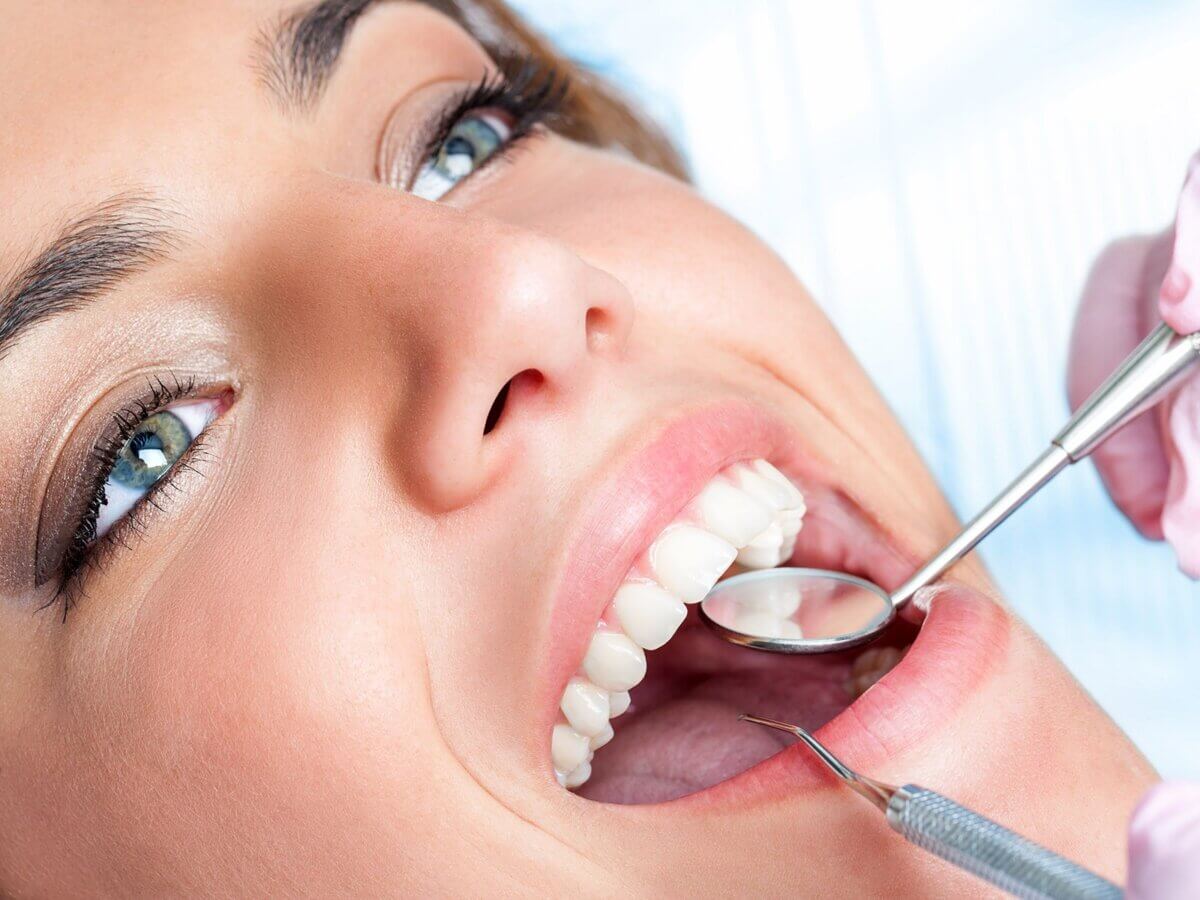Blog
Dental hygiene tips for healthy teeth & gums

Ways to protect oral health during cancer treatment
Cancer is an umbrella term for a group of diseases involving the uncontrolled growth of cells. It is a dreadful disease and can be very hard to cure. Despite achieving milestones in recent years, many cancer treatments like radiation and chemotherapy are incredibly harsh and can potentially disrupt the patient’s everyday life. They also have side effects that can be detrimental to a person’s overall oral hygiene. Often, the dental and oral side effects of cancer treatments can make it difficult for the person to eat, talk, chew or even swallow.
In addition to your general dentist, some other specialists who offer particularized guidance for oral health in cancer patients are:
- Oral oncologists: They specialize in dealing with the dental and oral health of people with cancer.
- Periodontists: They primarily diagnose and treat gum diseases.
- Oral surgeons: They perform surgeries of the mouth and jaw.
Some of the dental issues that can arise due to cancer treatments are:
- Dry mouth
- Thickened saliva
- Changes in taste
- Mouth sores
- Tooth decay
- Difficulty in swallowing
- Difficulty in chewing or opening the mouth
- Infection
- Inflammation or pain the lining of the mouth and tongue
- Elevated risk of tooth decay and gum disease
Most of the side-effects occur during the cancer treatment but may seem to appear after the treatment is over. It is noteworthy to mention that cancer treatments’ dental and oral side effects are temporary and not long-lasting.
Ways to take care of oral health during cancer treatment
A good oral health regimen is crucial in lowering the risk of dental problems in cancer patients. Hence, visiting the dentist at least four weeks before starting the cancer treatment becomes significant. The dentist may recommend treating a decayed, broken, or infected tooth before the cancer treatment begins. He will check if your dentures have a snug fit and are not irritating your mouth. He might also remove your braces if he deems them necessary.
Some of the methods that may help in maintaining your dental health during cancer treatment are:
- It would help if you were gentle while brushing your teeth but still maintain the ‘two times a day mantra. You can soak a brush in warm water to soften the bristles before brushing. Using a child-size brush or a very soft toothbrush also helps if the regular brush is too uncomfortable. You should also floss regularly.
- Cancer treatment can cause changes in your tastes. It is helpful to avoid scorching, cold, spicy, acidic, or crunchy foods that may irritate your mouth. Soft, mild foods are your best friend during these times.
- Vitamin D and calcium are paramount in keeping the jaw and teeth healthy. So, make sure that you get the required Vitamin D and minerals from food sources such as dairy products, fortified cereals, and juices.
- Cancer treatments can interfere with saliva production and flow, causing chronic dry mouth. Dry mouths increase the risk of tooth decay and gum diseases. You can minimize dry mouth by drinking more water, using salvia boosters, and so forth.
By following these steps, you can maintain your dental health to a considerable extent, even while undergoing cancer treatment.
In case of discomfort in teeth or gums, please consult your nearest dentist at the earliest.
Book Appointment to find out which treatment might be best for you.
